Speakers
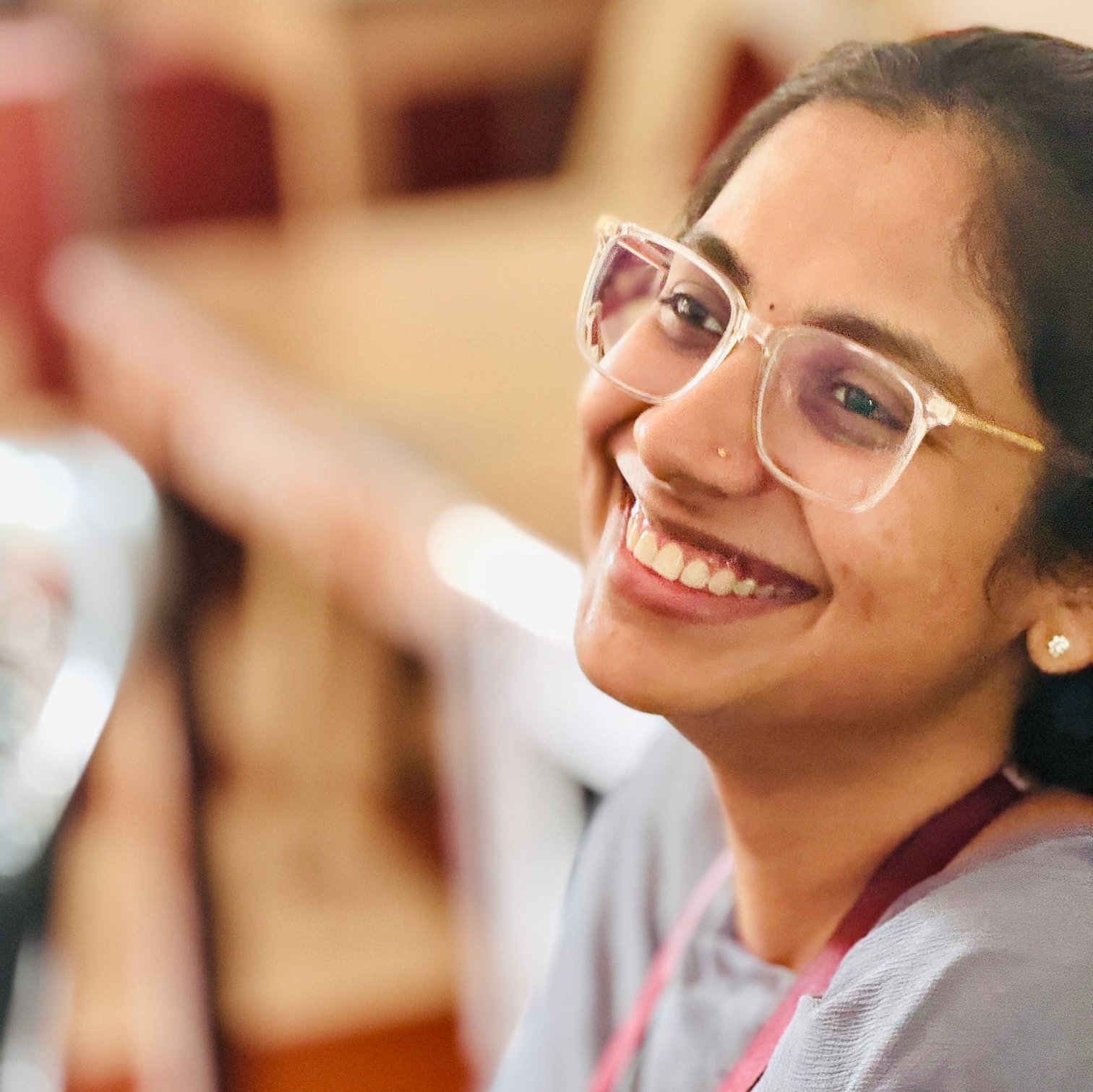
Navaneetha M R is a postdoctoral fellow at the Homi Bhabha Centre for Science Education, working on the Vigyan Pratibha Project. She earned her PhD in Mathematics from Ariel University, Israel. Her research currently centers on enhancing trigonometry learning at the secondary level, while she also contributes to various research initiatives within the Vigyan Pratibha Project. With 1.5 years of experience teaching undergraduate and postgraduate students, Navaneetha brings a well-rounded approach to her work, combining both research and practical teaching insights. Her expertise lies in the intersection of mathematics education and curriculum development, aiming to make complex mathematical concepts accessible to students.
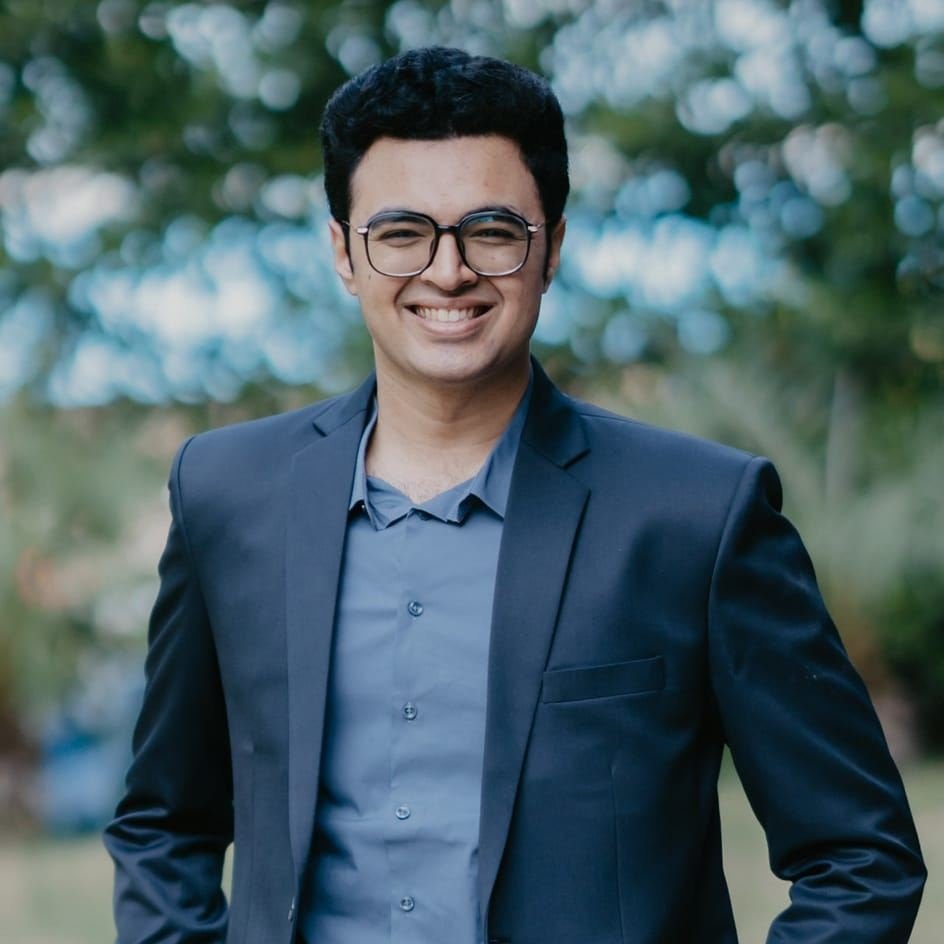
Nivid Desai is the Programme Executive at the Writing Studio, Indian Institute of Technology, Gandhinagar. At IITGN, he teaches courses in academic, creative and technical writing at undergraduate, postgraduate and doctoral levels. He also designs and delivers customized in-course writing interventions in collaboration with faculties of science, technology and the humanities. Additionally, he is a member of the Board of Studies at the Department of English, St. Xavier’s College (Autonomous), Ahmedabad. Nivid researches at the intersection of writing, education and technology. He has presented and published his research at IIT Delhi, IIT Bombay and BITS Pilani, among others.
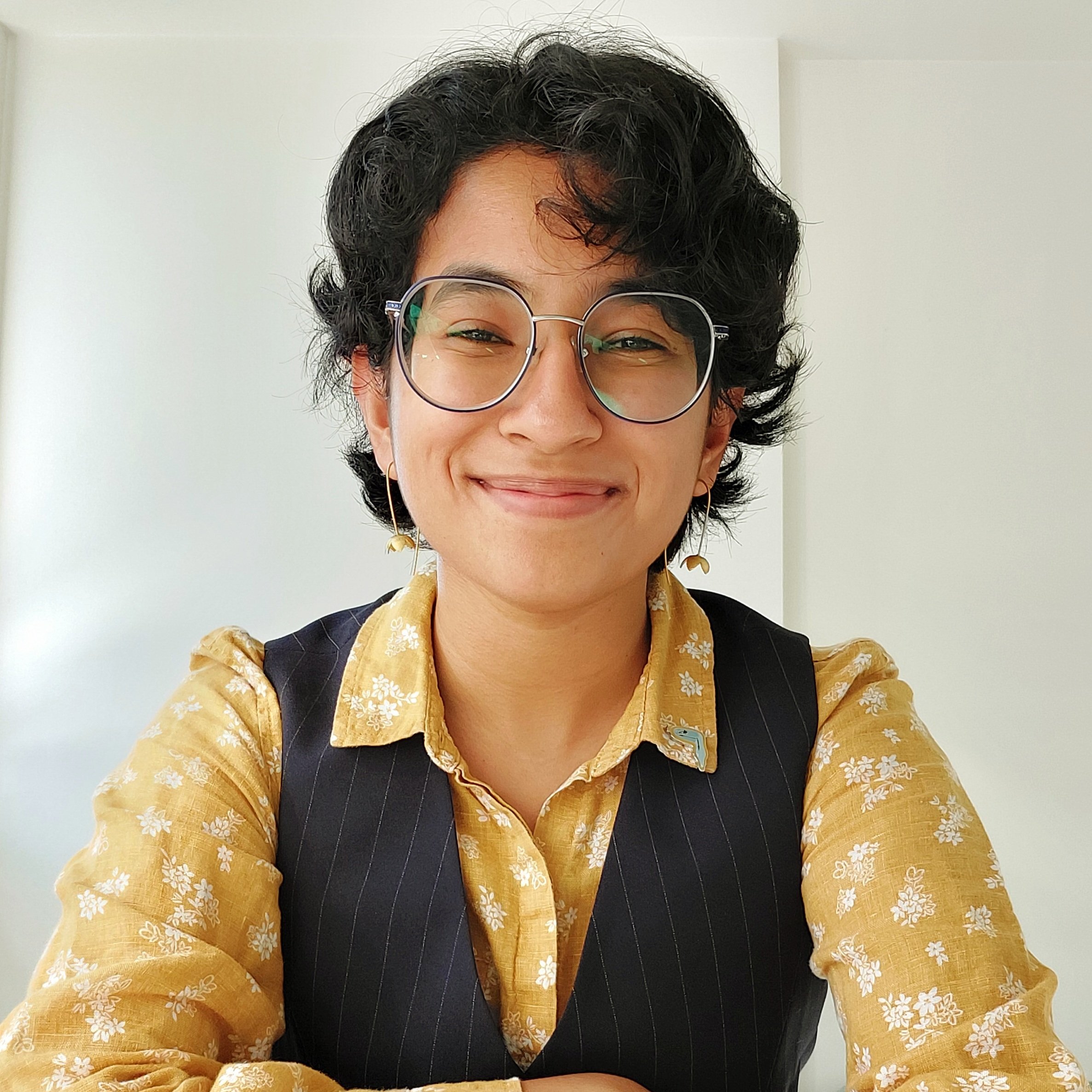
Achintyaa Sreenath is a graduate student at The University of British Columbia (UBC) pursuing a Master of Arts in Science and Technology Studies (STS) currently in their second year of study. A software engineer by training, Achintyaa has received their Bachelor of Engineering (Honours) in Software Engineering from the University of Technology Sydney (UTS), Australia.
Achintyaa’s research looks at the ways in which technologies inherit and embody social dynamics of power. They are particularly interested in how these dynamics are reconstructed through the rhetoric and deployment of artificial intelligence (AI) technologies, and the material impacts of these reconstructions.
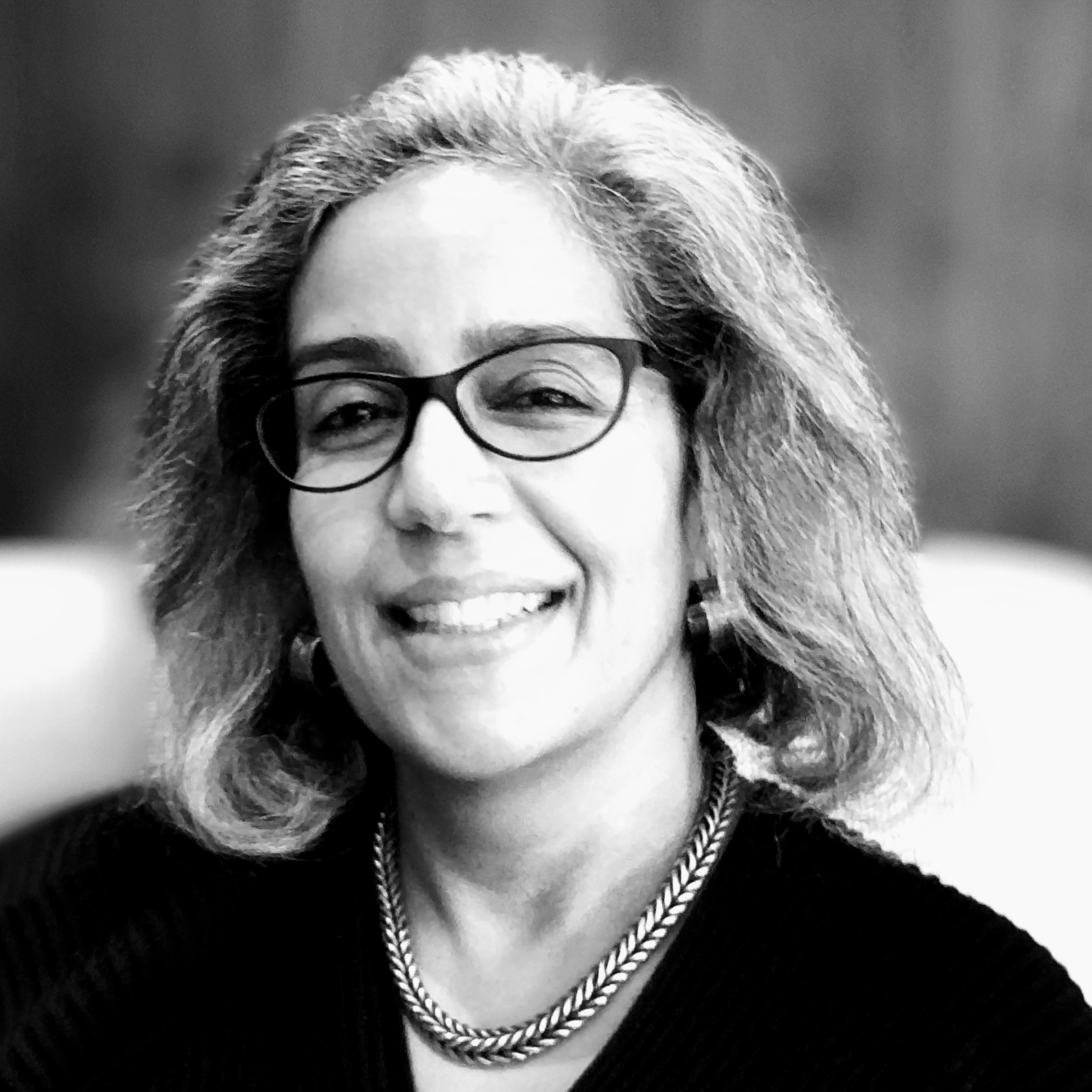
Kavita Philip is a historian of science and technology who has written about nineteenth-century environmental knowledge in British India, information technology in post-colonial India, and the intersections of art, science fiction, and social activism with science and technology. She is author of Civilizing Natures (2004) and co-editor of five volumes curating new interdisciplinary work in radical history, art, activism, computing, and public policy.
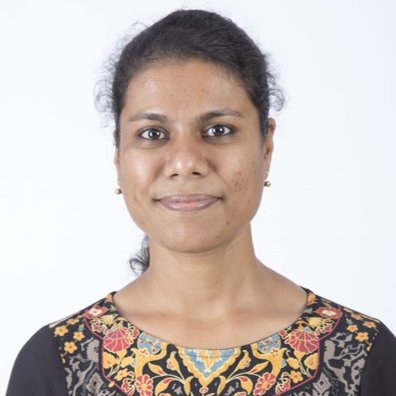
Somdatta Karak, PhD is a life scientist turned science communicator. She did her PhD in Sensory and Motor Neuroscience from University of Goettingen, Germany, is an ex-Teach for India fellow and heads science communication and public outreach at CSIR-Centre for Cellular and Molecular Biology (CCMB), Hyderabad. Her work at CCMB focuses on making science accessible and engaging to young people of India. She runs a popular science website called SciTales by CCMB where she involves students at CCMB and beyond to create content on science. She also co-leads Superheroes against Superbugs - an educational and public engagement initiative for antimicrobial resistance awareness and SciCity Hyderabad - forum that takes science to the cultural spaces of Hyderabad.

Sindhu Mathai is an associate professor at the Azim Premji University, Bengaluru. She has taught courses in science education, curriculum studies and research methods to students in the M.A. Education programme at the School of Education. She has a background in science education, having completed a Ph.D. from the Homi Bhabha Centre for Science Education, Mumbai, in the area of visuospatial reasoning among middle school children. Her recent projects are in the areas of graphical literacy, gender and science, informal science learning, and space-time relationships in the classroom.
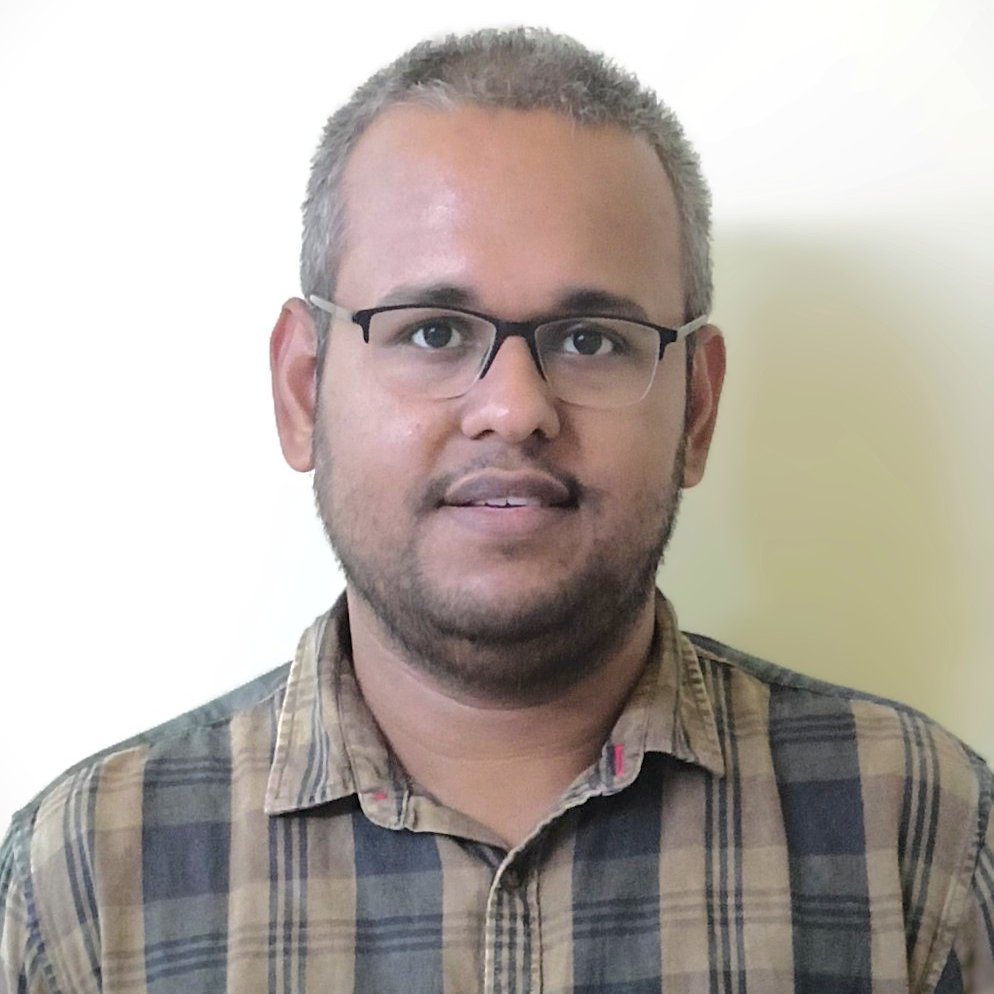
Soumya Dey is a mathematician broadly interested in Geometry and Topology. He has a keen interest in mathematics education at undergraduate and school level.
Dr Dey graduated with a PhD in Mathematics from IISER Mohali in 2018, after completing BSc (Hons) in Mathematics from St Xavier’s College, Kolkata, and MSc in Mathematics from RKM Vivekananda University, Belur. Thereafter, he worked as a postdoctoral fellow at IISER Bhopal, the Institute of Mathematical Sciences, Chennai and Chennai Mathematical Institute, Kelambakkam successively, before joining Krea University in 2022.
As part of his doctoral thesis, Dr Dey computed explicit presentations with finite generating sets for the commutator subgroups of some generalised braid groups. As a postdoc, he started working on mapping class groups of surfaces, singular braid groups, and related infinite groups.
Dr Dey strongly believes that active discussion and collaboration is an indispensable part of doing mathematics, and this culture should be inculcated into undergraduate classrooms. He co-organised several conferences, workshops and seminars, at both national and international levels, which are aimed at researchers and graduate students. Also, he has been actively involved in math and science outreach activities for students and teachers in schools and colleges.
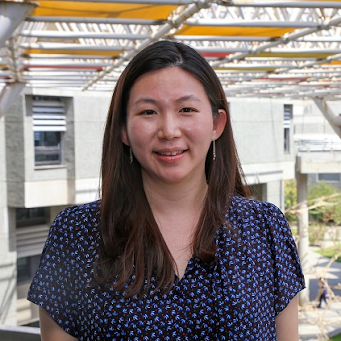
Jooyoung Kim is an Assistant Teaching Professor at the Department of Cognitive and Brain Sciences, IIT Gandhinagar (jointly associated with the Department of Humanities and Social Sciences). She received her Ph.D. in Linguistics from the University of Delaware, U.S.A., and worked at the university’s English Language Institute as a Khbrat program assistant and English-as-a-Second-Language tutor. Currently, she and her ‘Multilingualism and Literacy Lab’ work on multilingual language processing, literacy and education, and academic writing as Instructed Second Language Acquisition, having made over 20 presentations/publications for the last 3 years. She has designed and conducted various writing courses for undergraduate and graduate scholars in Engineering and Social Sciences, such as Introduction to Writing, Writing for Engineering, Academic Communication—Explanation and Paraphrasing, and Academic Communication—Argumentation and Reasoning, in addition to linguistics courses on World Englishes, Cognitive Linguistics, and The Multilingual Brain.
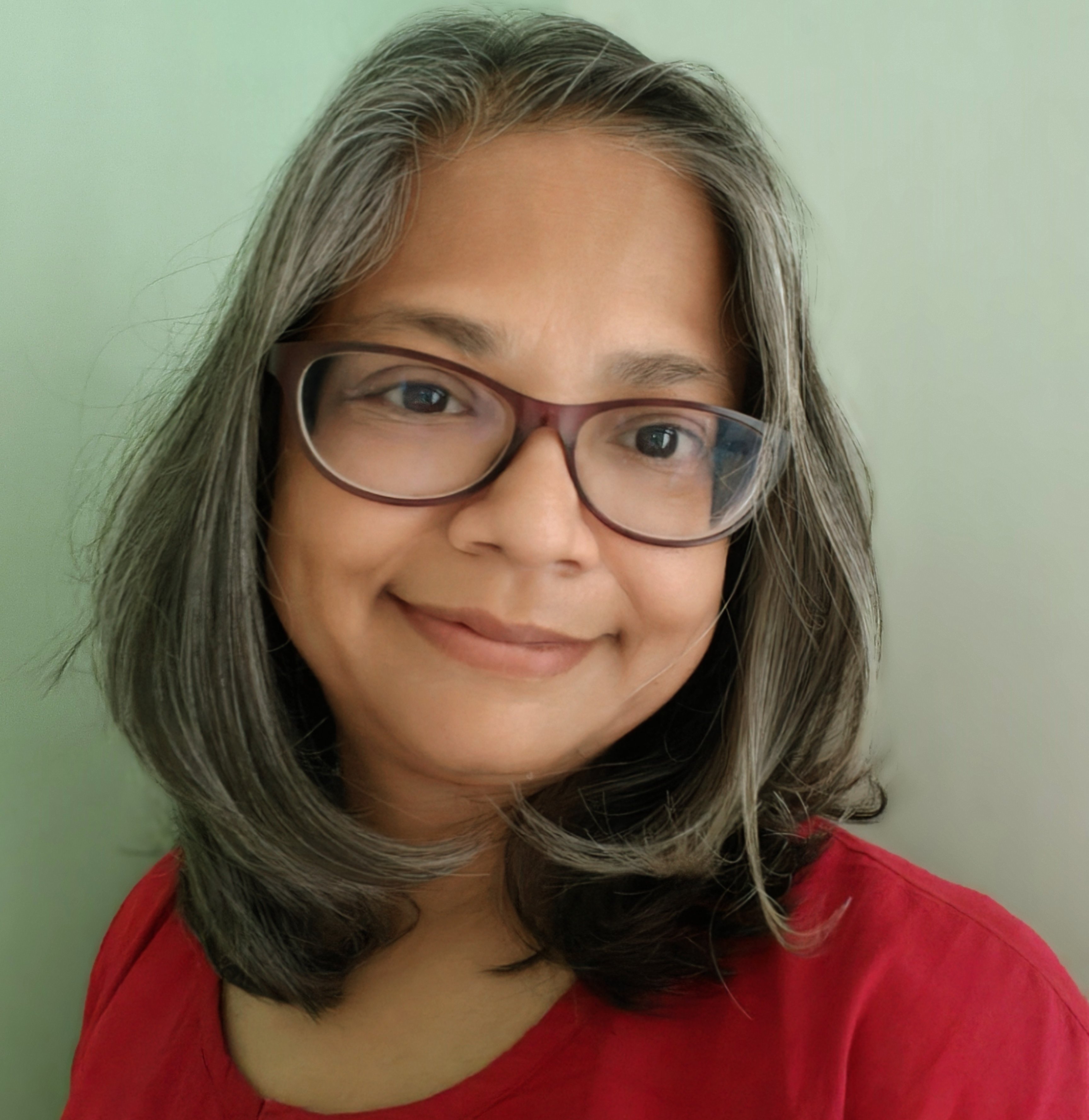
Anannya Dasgupta directs the Centre for Writing and Pedagogy at Krea University where she is also an Associate Professor of Literature in the Division of Literature and the Arts. Among her publications are single authored essays, such as: The Feminist De-brahmanising Pedagogy of Writing, a monograph: Magical Epistemologies: Forms of Knowledge in Early Modern English Drama; collection of essays, Writing In Academia, co-edited, along with Madhura Lohokare and co-written essays “Something of Our Own to Say” and “Globalising Writing Pedagogy.” Her current work is focused on developing writing pedagogies for the Indian classrooms from school to the university level.
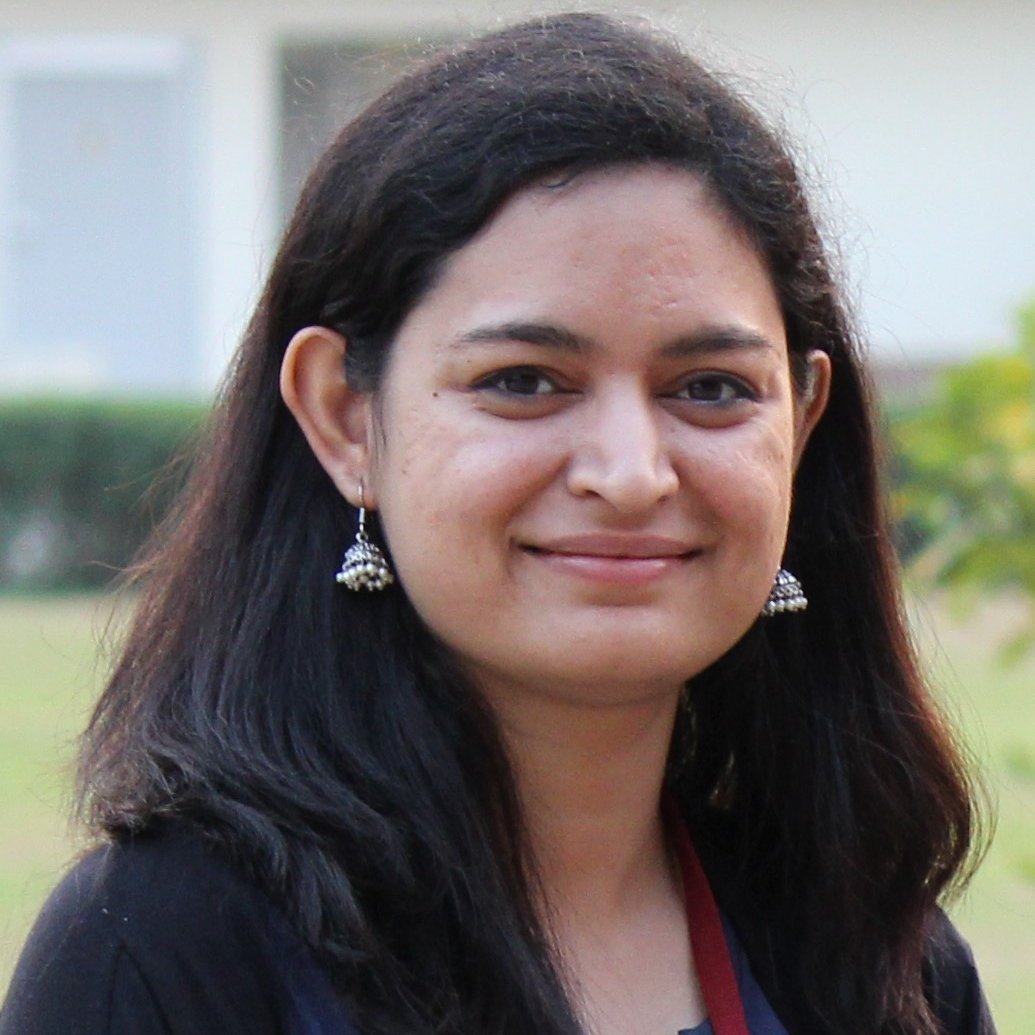
Shreya Ghosh is a professional science writer and editor with 9+ years of experience in science communication. After completing a PhD in neuroscience from the Tata Institute of Fundamental Research, Mumbai, Shreya joined IndiaBioscience as Program Manager - Science Communication. During her time at IndiaBioscience, Shreya led multiple science-communication-focused initiatives, served as the primary editor for in-house publications, and co-founded the ‘Crafting your Career’ initiative. In her current role as Communications Editor at European Molecular Biology Laboratory (EMBL), Heidelberg, Germany, she focuses on creating audience-focused informational science content, enhancing the visibility of the institution’s research and services and ensuring the quality and accuracy of textual content.
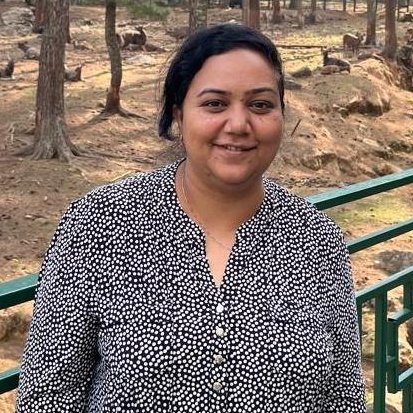
Deepa Chari is a faculty at the Homi Bhabha Centre for Science Education (HBCSE, TIFR). At HBCSE, Deepa is engaged in research on responsive teaching epistemologies, and instructional and institutional practices enhancing representation of gender and race-ethnic groups in STEM disciplines. Also, Deepa is a co-ordinator of a national impact program- ‘Vigyan Pratibha’, aimed at student nurture and teacher capacity building in science and mathematics. Through Vigyan Pratibha, she has built sustained interactions with nationwide schools and teacher networks.
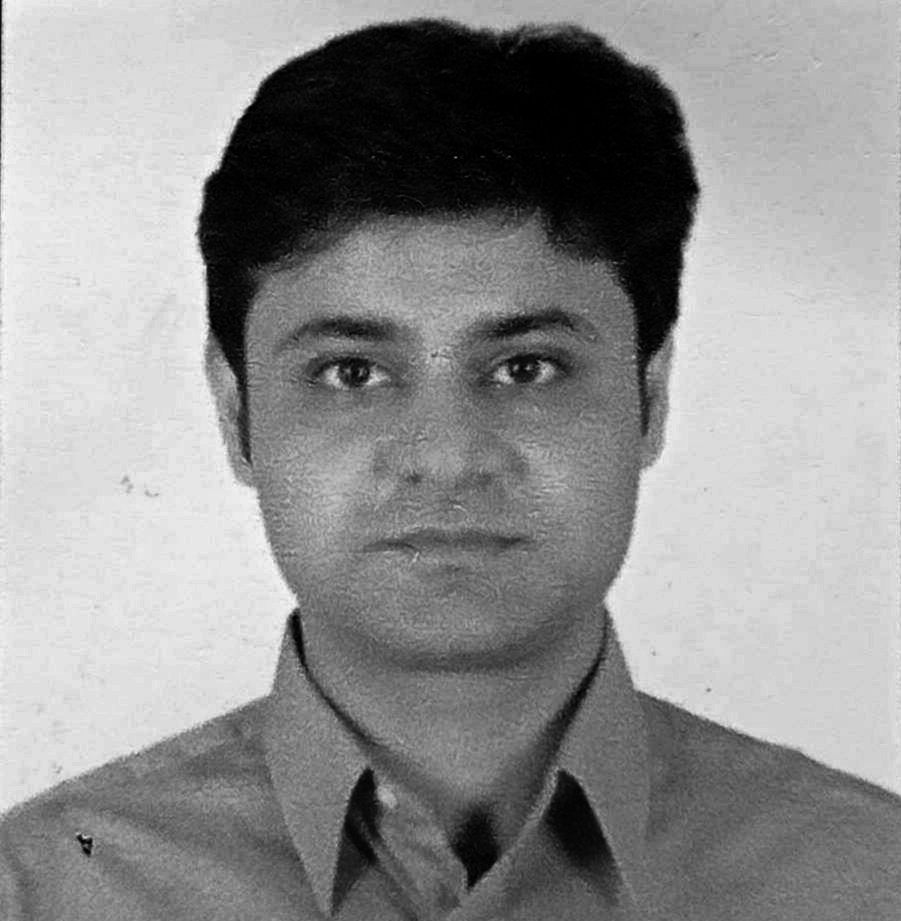
Saurabh Thakur is an engineering (IT) graduate and a post-graduate in Elementary Education and is currently pursuing doctoral research work in mathematics education at the Homi Bhabha Centre for Science Education, TIFR, Mumbai. He has been involved in teaching, teacher education, material design and development, and research in school mathematics for over a decade in various capacities with organisations like Teach for India, Azim Premji Foundation for Development, and Tata Institute of Social Sciences. His current work looks at the teaching-learning of geometric transformations at the high school level. He has a passion for nation building and a firm belief that education holds the key to transforming the society as envisioned in India’s constitution.